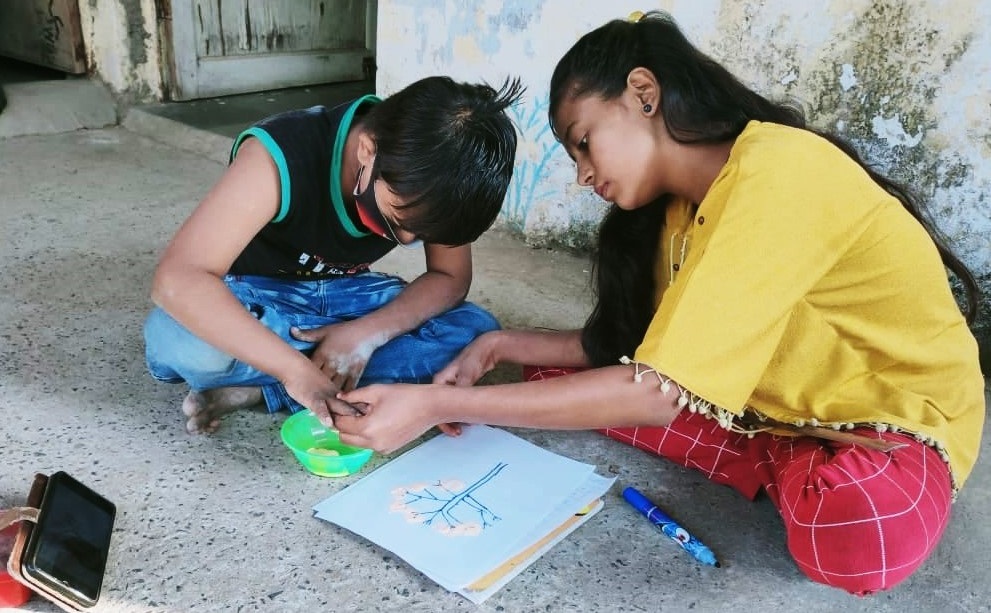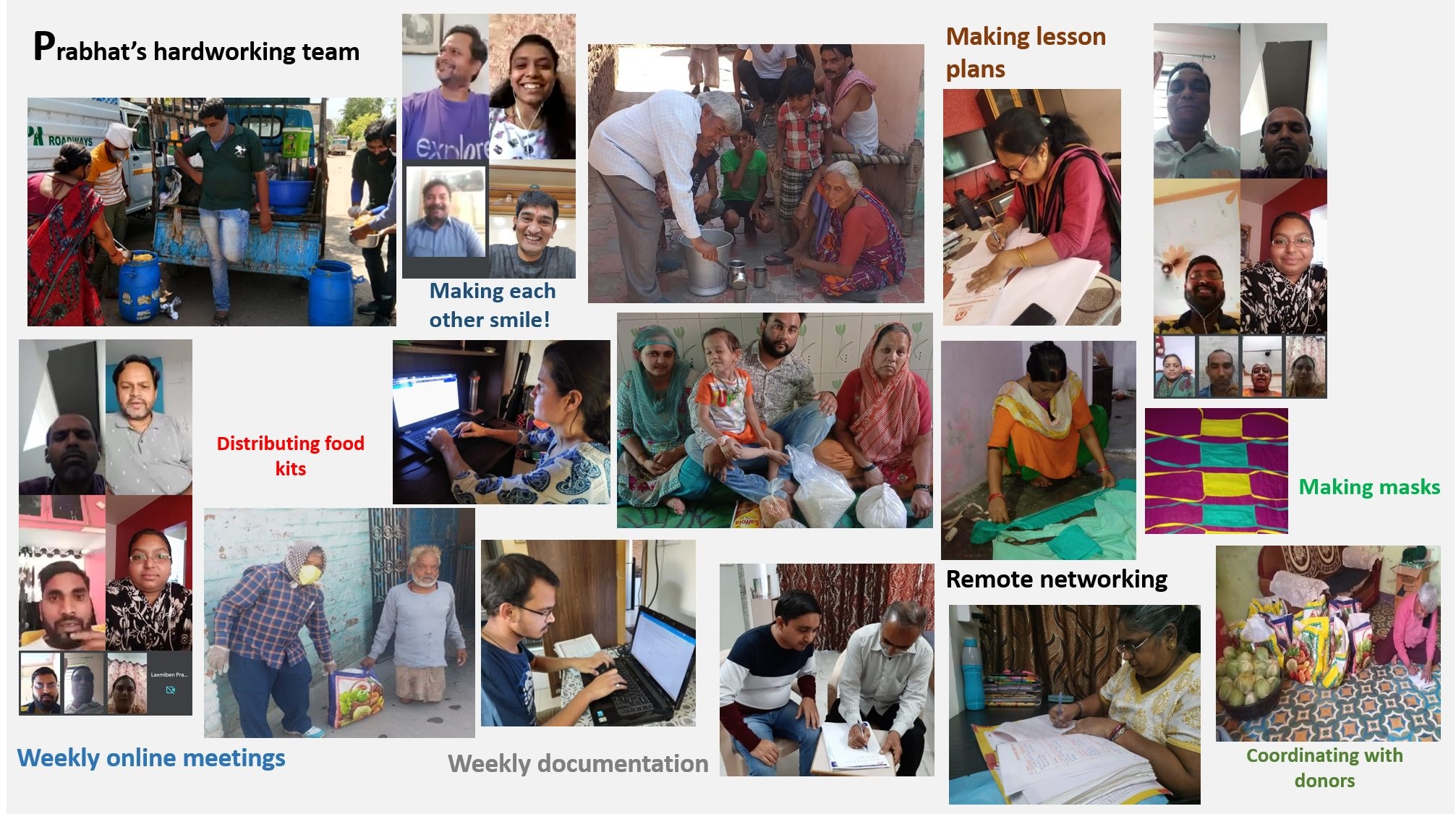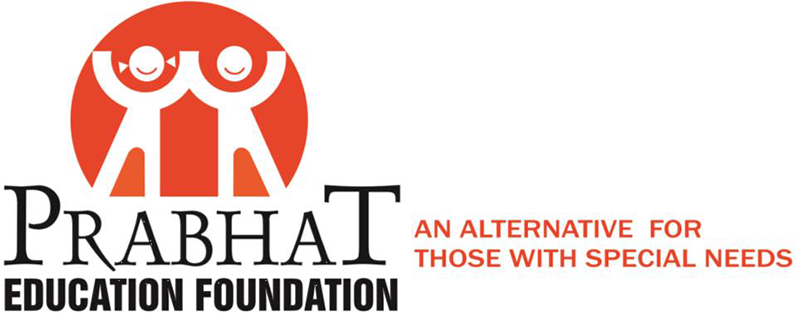The World Health Organization (WHO) and the UNICEF in their Policy Briefs unveiled on April 19, 2021 in respect of covid-19 pandemic stated: “Persons with disabilities are disproportionately impacted” by the corona virus.
“Persons with disabilities are at greater risk of contracting COVID-19” infection for the following reasons:
A. People with disabilities may find it difficult to wash their hands as wash basin may be physically inaccessible.
B. They may have physical difficulty rubbing their hands together and they may also face difficulty in observing physical distancing.
C. Visually handicapped persons rely on touch to obtain necessary information.
D. People with Down syndrome are at increased risk of contracting infectious diseases, because of differences in their immune systems.
E. Making use of masks is not an option for people with cerebral palsy, autism or any developmental disability as it is not an object they are used to.
F. Drooling makes masks unusable.
Hence persons with disabilities have greater exposure to corona virus as compared to non-disabled people.
Charging Ahead!
Since the beginning of the year, more than 200 nations across the globe have been affected by Covid-19. Many are still reeling under the devastating effects of the pandemic, with both public health and the global economy having taken a major blow. Emerging markets seem to be especially vulnerable, given that their healthcare facilities tend to be ill-equipped to tackle a pandemic of this nature and scale. Worse, and even more worrying, is the fact that the end to this global crisis is still nowhere in sight, and we have not been able to assess the damage to lives and livelihoods.
Despite governments having taken drastic steps, including offering varying degrees of support to their citizens, there remain certain sections of society that have been inadvertently excluded. Persons with Disabilities/special needs—more than one billion in number globally—are one such group. This is because much of the advocacy on how to stay safe during the pandemic has not factored in the inability of people who are immobile or living with mental illnesses to follow these instructions. “Containment measures, such as physical distancing and self-isolation, maybe impossible for those who rely on the support of others to eat, dress, and bathe.”
The World Health Organization (WHO) issued a document highlighting this issue, and explaining how PwDs may be at a greater risk of contracting Covid-19. Some of these include:
- Accessibility issues may limit how often PwDs are able to wash their hands
- PwDs who require additional support may find it difficult to practice physical distancing
- People with intellectual impairments cannot be expected to cope with self-isolation
- People with visual disabilities rely on “touch functions for mobility and work”, thereby increasing their risk of infection
- Public health information remains inaccessible, which acts as a barrier, particularly for people with hearing impairments
- PwDs may be at greater risk, as people with underlying health conditions, particularly those related to respiratory function, immune system function, heart disease, or diabetes, are more likely to be infected with Covid-19.
Apart from these issues there is also the mental and emotional toll it takes on children, a lot of children especially those with special needs thrive on a fixed schedule, having that taken away from them causes them a lot mental distress. Prabhat’s first response to the pandemic was to assure the parents that the organization is with them and there after assessing their immediate need which was food for most of them. Food packet distribution along with food kits started rampantly, Prabhat with its limited resources could not reach everyone, so it started tying up with other organizations to supply food in the communities where Prabhat works. 700+ food kits were distributed, after which governments and other organizations were roped in to carry on the process.
The second step was to provide reusable masks to everyone. Teachers from Prabhat started making them at home and distributing them in the community. During which the organization also realized that there was a lot of wrong or misinformation being circulated regarding covid – 19. This was inadvertently causing a sense of panic and anxiety in an already stressful environment. Prabhat prepared material in consultation with experts and provided information on what the covid-19 is, the effect it has and precautions that need to be taken, this was circulated among the parent community at regular intervals.
Once things settled with regards to food availability and safety material (though uncertainty persisted) it was essential to assess and address the learning gap which was looming over the children, especially those with special needs. Thus started the process of collaborations with other expert organization and institutes to devise ways to keep the learning going. Prabhat was circulating audio video material for all the children in Prabhat’s community (siblings, neighbours) and customizing the content to meet the needs of the Prabhat child as well. Once the lockdown eased up in June 2020, the team at Prabhat realized the need to provide learning material to enhance the understanding of the child in the online classes. Simple but useful training and learning material (TLM) was prepared and distributed to the children. These materials have a made a huge difference in the learning of children with special needs and also others.
Prabhat still continues to provide additional assistive support to the families of the child with special needs to access social security schemes provided by the government. Aids and appliance distribution still continues regularly. One of the most important that Prabhat has been able to provide to the communities is that of guidance and counselling, which has helped keep a check on the emotional and mental health of other family members during these difficult times!
These are trying times for the organization, but the support and strength it has received from the community, parents, well-wishers and friends has made it possible to continue. The pandemic has also been a showcase of the effect the parent trainings in the past has had. Parents have been able to take care of their child with special needs effortlessly. Some children have also made tremendous progress during this lockdown due to the quality time the family has been able to spend with her.

The pandemic has displayed the resilience of the community and their ability to find solutions to challenges never faced before! Prabhat salutes the community and feels privileged to be a part of them.

Building sibling rapport during these difficult times!

